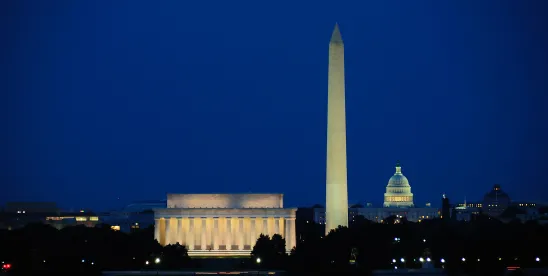On December 21, 2024, President Biden signed a stopgap spending bill into law to fund the federal government through March 14, 2025, following approval by the U.S. Senate just hours before the deadline to avoid a government shutdown on December 20, 2024.
Quick Hits
- President Biden signed a stopgap spending bill into law, temporarily avoiding a government shutdown through March 14, 2025, while the U.S. Congress continues to negotiate the fiscal year (FY) 2025 federal budget.
- If Congress fails to pass funding legislation for FY 2025 or an additional stopgap spending bill by March 14, 2025, a government shutdown may ensue.
- If a shutdown occurs, critical immigration functions performed by the U.S. Department of Labor (DOL) will be suspended.
After last-minute negotiations, President Biden signed a bill into law on Saturday, December 21, 2024, that avoided a government shutdown. This temporary spending measure funds the federal government at current levels through March 14, 2025. In addition to keeping the government up and running through the new year, the measure also included aid for areas impacted by recent natural disasters, as well as aid to farmers.
Government functions, including critical immigration processing, will continue as normal through March 14, 2025, at which point Congress will need to have agreed on an FY 2025 appropriations bill or another temporary funding measure to avoid a government shutdown.
Next Steps
With FY 2026 H-1B cap registration also approaching in March 2025, employers may want to identify their immigration needs that leverage DOL systems, including Labor Condition Applications (LCAs) and other critical immigration functions, such as PERM processing and prevailing wage determinations.
As outlined in our previous article on the immigration impact of a government shutdown, U.S. Citizenship and Immigration Services (USCIS) and U.S. Department of State operations would continue, as they are funded in part by filing fees; however, processing delays should be anticipated.
Additionally, E-Verify, the federal government’s web-based system for employment eligibility verification, would likely be unavailable if Congress were unable to pass a spending resolution by March 14.





 />i
/>i
